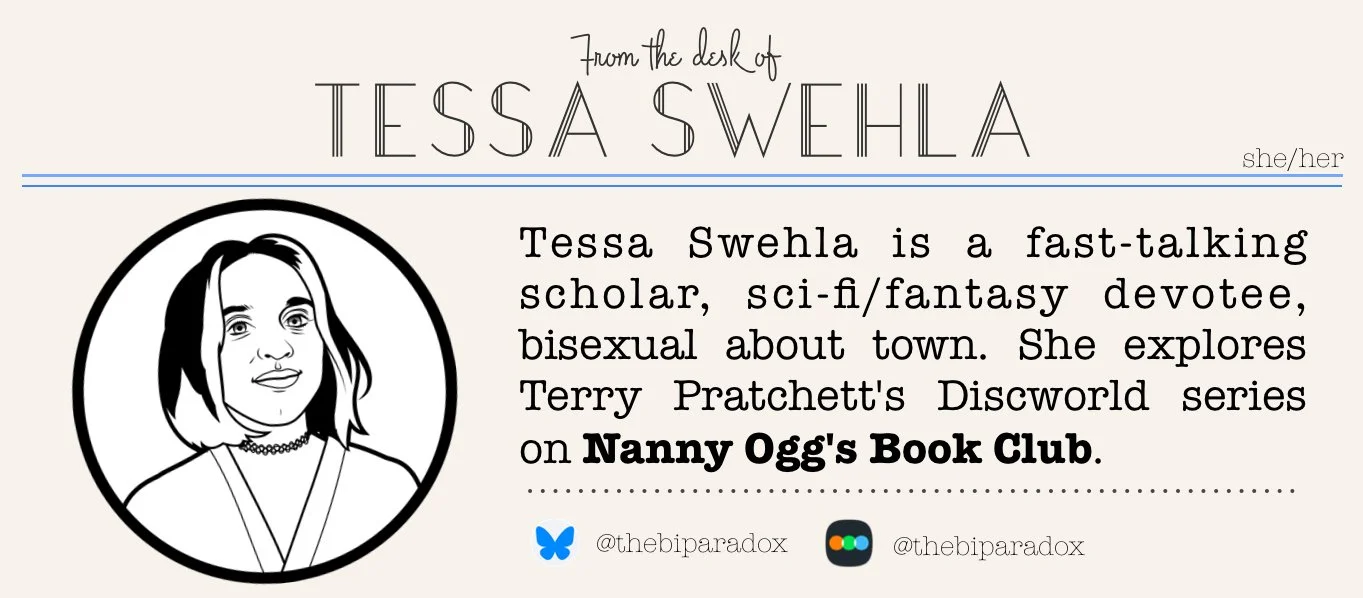YOUR MONSTER is a horror rom com about why we love monsters
Your Monster
Written and directed by Caroline Lindy
Starring Melissa Barrera, Tommy Dewey, Edmund Donovan, Kayla Foster
Rated R
Runtime: 1 hr 42 minutes
In theaters October 25
by Tessa Swehla, Associate Editor
A couple of days ago, I went to a meeting of my local indie book store’s horror book club where the subject of conversation was, appropriately enough, Joseph Sheridan Le Fanu’s novella Carmilla (1872). One topic that we kept coming back to was why vampires have such a hold on popular culture, and of the many insightful answers given—that they provide a malleable metaphor, that they provide a challenge to the status quo, that they represent our fears, that they are just plain sexy, ok?—one that resonated was the definitely-not-new idea that vampires confront us with our own repressed feelings and desires. Like Laura from the novella, we are both attracted to and repulsed by Carmilla because she represents an unacceptable form of sexuality (sapphic, powerful, kinky) that we have been told is forbidden, and, yet, we are fascinated, seduced. Famed horror theorist Julia Kristeva identifies this feeling as abjection: the breakdown of the boundary between the self and the other, the recognition of parts of oneself that have been rejected.
Caroline Lindy’s debut feature Your Monster is not about vampires, but it is about abjection. Laura Franco (Melissa Barrera) is a musical theater actress whose dreams have been put on hold while she goes through cancer treatment. Right before an important surgery, her Broadway director/writer boyfriend Jacob (Edmund Donovan) breaks up with her in the hospital—honestly, one of my worst nightmares—and kicks her out of their shared apartment. Laura moves back into her childhood home to recover both physically and emotionally, only to discover that the Monster (Tommy Dewey) she saw as a child is real and still living in the house. Monster isn’t particularly interested in having a roommate, much less a weepy Laura, but they soon reconnect and bond, slowly falling for one another.
So far, this all sounds like a pleasant, if a little spooky, romantic comedy. Girl gets dumped, girl meets annoying boy who she is forced into proximity with, boy tells girl that former boy isn’t good enough for her, girl and boy fall for each other. These are all recognizable tropes from rom coms like It Happened One Night (1934), Legally Blonde (2001), Forgetting Sarah Marshall (2008), and Anyone But You (2023), among many others. Monster looks like he stepped right out of a Broadway production of Beauty and the Beast (1994), and Dewey and Barrera’s chemistry feels like it came straight out of Crazy, Stupid, Love (2011). There’s even a montage of them doing cute things together in the house! He sleeps under her bed! They perform monologues from plays together! They watch musicals!
However, most rom coms don’t feature the concept of abjection as prominently as Your Monster. Lindy expertly weaves in horror elements into the film to challenge both Laura and the audience’s perception of themselves. Monster is not a gentle beast (except to Laura), and he is often annoyed by Laura’s inability to recognize the toxicity in her relationships. Laura, like many women, has repressed many negative feelings, turning them inward on herself. When she learns that Jacob has gone ahead with his latest production—a musical that she co-developed with him—and that he declined to send her an audition invite even though he promised her the lead role before her cancer diagnosis, she curls in on herself, rationalizing all the ways in which it must be ok for him to hurt her like this. People like Jacob, especially men in power, often get away with being shitty because they rely on the emotional restraint of women, their years of being told to be quiet, be polite, be sweet, don't embarrass me, you are being irrational, selfish, dangerous.
Monster calls Laura out on this, encouraging her to share her emotions and to actually feel them, even if they are emotions that society considers negative or not appropriate for women to feel. In one poignant and relatable scene, he lists all the ways that Jacob has fucked her over and tells her, “It’s not ok, Laura!” Laura reflects on this, becoming more agitated until, finally, she screams “It’s not ok!” over and over again. Add to this that she’s wearing a fantastic Bride of Frankenstein costume for a Halloween party and you have a stellar representation of a woman howling her pain into the night. She is horrified by Monster’s desire to inflict violence on Jacob and by his rage, but she recognizes that those are also her feelings that she has repressed, which is what attracts her to Monster. This is abjection, but it is an intimate love affair with the abject, the reintegration of those repressed pieces back into the self, to heal and to create something truly dangerous.
I don’t want to say too much more about the plot because more information would detract from the meaty one-two punch of the ending, but what I will say is that Lindy’s debut excellently weaves together rom com and horror elements to present a truly personal and unique examination of the abjection of emotion in the lives of women. Barrera and Dewey perfectly capture the complex layers of emotions and raw vulnerability needed to balance the tension between the two genres. What emerges is familiar and monstrous, just like ourselves.


